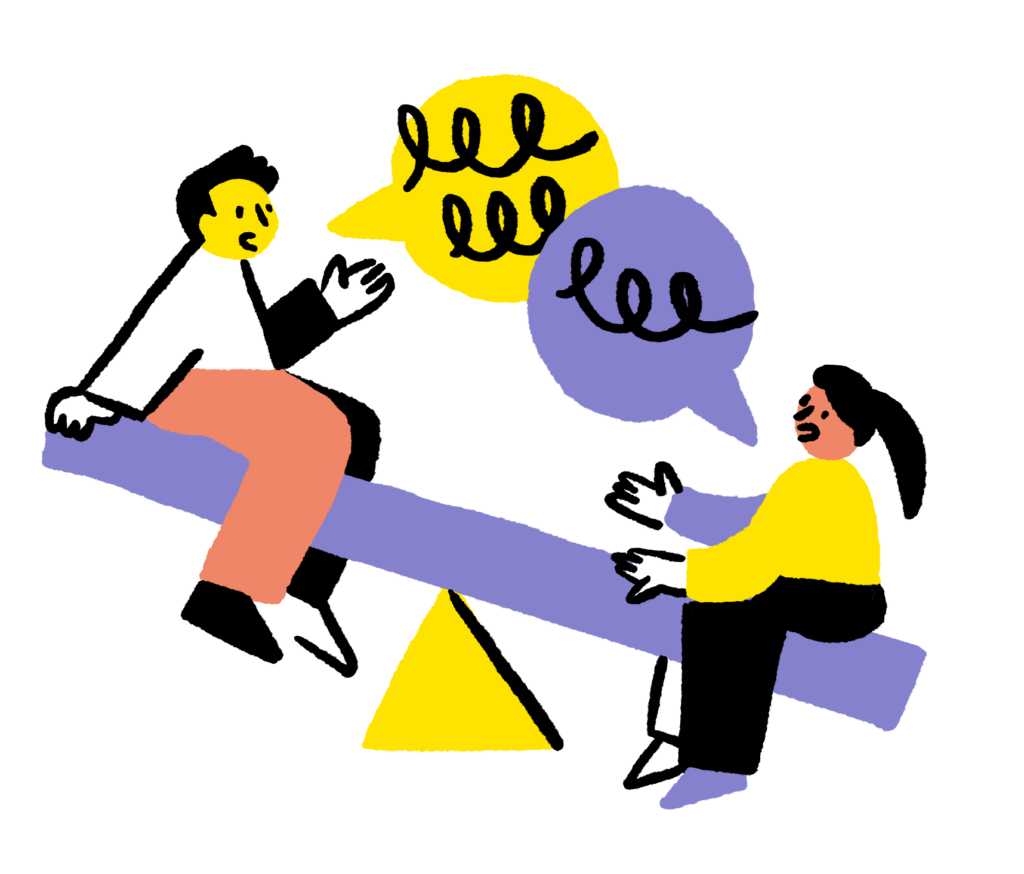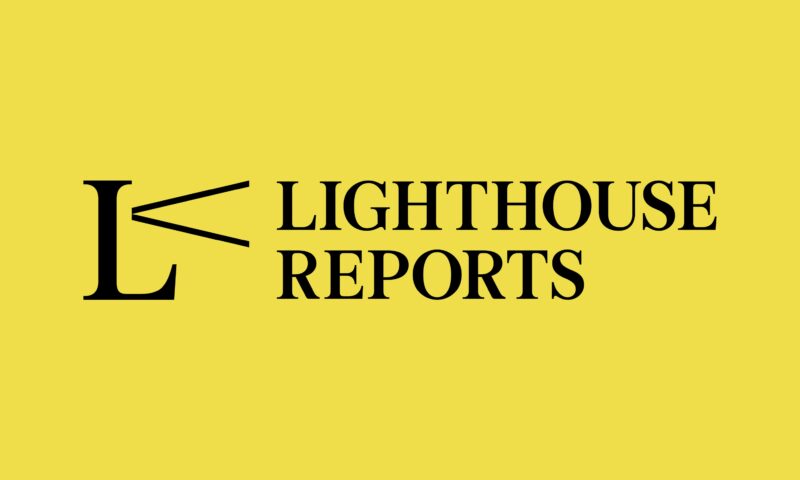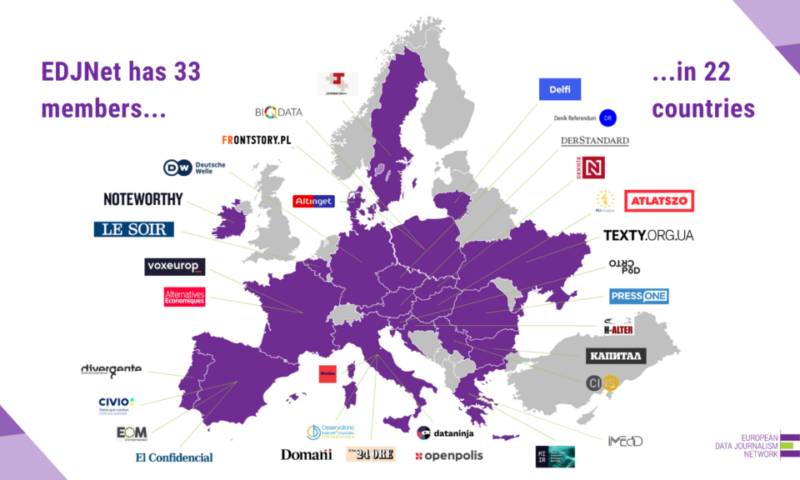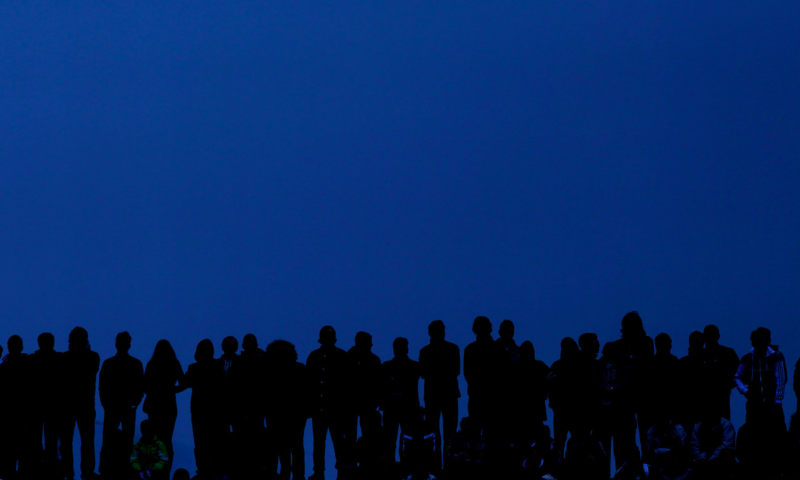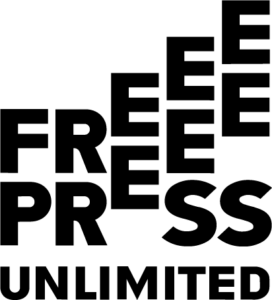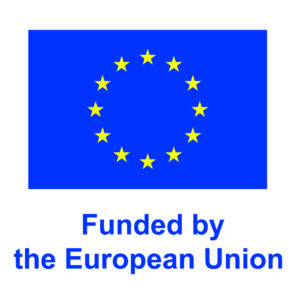Sara Manisera has been working in journalism since 2015 alongside a photographer colleague, and as the years passed, conversations over drinks with other journalists increasingly highlighted the frustrations of the job: financing, pitching, the economics of freelancing. The mood was always the same: “the journalism industry is failing, how can we solve that?”
Eventually they decided to do something, and so FADA was born, a collaboration of Italian journalists who share the same values: in-depth stories, investigations, ethics. They also share an interest for taking the stories offline, beyond the website pages also to physical spaces, through exhibitions or on stage in theatres, and respect their sources, going back to the people the interview often.
Now FADA Network brings together over 70 freelance journalists, with a core team that keeps the group together on a day to day basis. I asked Sara how they work and what their plans are going forward. The interview was edited for clarity and length.
Directory Editor: How did FADA collective come together?
Sara Manisera: We launched FADA in 2020 after years of exchange of vision and values. COVID-19 helped, because during the pandemic, we took the time to do some meetings online, to co-create, to think, and write a manifesto. And in the last three years, we grew up a lot.
Keep in mind that we are doing this as a militant, activist part, because we are not paid. We are organising ourselves in order to be more sustainable, in order to support each other when we face issues. That means mental stress – when I go to Iraq with some grants, I don’t have security from the newsroom because I’m a freelancer. And what we do with FADA is co-create a space where other colleagues who are in Italy are checking in with the people who are in the field. So we are co-creating a space where we can assist, we can be safer and we can rely on someone. The vision is a mutual exchange.
There is, of course, the idea that we need to be economically sustainable. But also there is a political vision of trying to be less individualistic and changing the approach, being more collaborative, exchanging contacts, exchanging ideas. So, for example, in terms of payments, we exchange OK, how much does this editor pay? Or did you talk with that editor? It helps because sometimes, especially with early career journalists, it might be stressful for them. Because they don’t know, they’re at their beginning. It’s an important network that helps us to not feel alone.
Editor: In terms of the core team that keeps the collective together, how do you split your roles?
SM: We are seven colleagues, journalists, photographers and video makers. We are four women, three men. We are all Italians, but some are based in Tunisia, in Senegal, in Georgia, and the others in Italy. Two people are in charge of the communication, which means social media, newsletter, the website; two people are in charge of the FADA Network and the relationship with the donors, associations; and then we have one person in charge of budgeting.
And once per year, we are all together in Italy to decide the vision and the stories, the exhibitions and cultural events, because what we are trying to explore is a method that is based on production. Basically we go in the field, we produce our stories, but then we also connect with local communities, associations, citizens, because we do believe that it’s very important today to recreate a mutual relationship between journalism and citizens.
And the impact is also made through public events, but also popular exhibitions spread all over the cities, or a project with the theater, where some stories that we wrote and published have been put on stage by actors.
So we are trying to explore different forms of spreading our stories and investigations. Each of us works on a story, but we are trying to merge and converge. We investigate extractivism, supply chains, migration, environment and climate crisis.
Editor: You talked about helping young reporters who are just starting out. Can you tell me a little bit more about what the collective does on the training side?
SM: We do trainings, online and offline. We also created a WhatsApp group and a Slack channel. Inside the Slack space, there is a channel about collaboration, new projects, a channel for mental health and support, a channel for contacts of newsrooms and editors, etc.
We give the opportunity to other people, especially early career journalists, to find a safe space where they can be very open and they can ask without problems. We are not people that pretend to be someone. Even though we received awards, 10 years ago we were in the same position. So we wanted to create a space because we didn’t have that space at the time. The older generation, especially in Italy, didn’t help the young journalists. And we were completely alone.
And we want to give them a code of ethics. Because in Italy we have a lot of problems in terms of ethics, a lot of journalists also do advertising or they work for political parties. You have to behave in an appropriate way. You have to respect others.
Editor: How are you taking your stories into the world after they’re published?
SM: We work with local associations that are based in different parts of Italy and are usually composed of young people. And they invite us to do public events, or conferences, or festivals.
They are a network that we created throughout the years. We work a lot with associations who are made by young people, like 20 – 28 years old, who are studying at university and want to know more. And there is not this gap between the generations, because we are in our 30s. I do believe that we also talk in the same language. We also use different forms of narration, like documentaries, short movies, short reels, or photos, books. I do believe that the tools you use can engage more young people.
Editor: How do you fundraise for the project? Let’s say that you’re applying for a journalism grant, are you applying under your name as freelancers or are you applying under FADA Collective?
SM: Now we are in the phase of applying through FADA, but also trying to find some funds for the core, which means administrative expenses or communication, and it’s something new for us, so we are learning. You need a lot of energy to do that.
Because in Italy, unlike other parts of the world, like the U.S. or U.K., where foundations support journalism or documentaries, we don’t have big donors that support journalism. For us, it’s a bit difficult, because you need to go abroad. So we are really in the early stage of fundraising for the structure for FADA. And it takes time. Even if it’s January, after the holidays, I’m super exhausted. Because you have to work, you’re a freelancer, you don’t have a fixed salary, and at the same time you have to find money for the organisation that you are trying to build.
Editor: How did FADA grow from the first group of journalists who got together to 70 members, maybe more, on all of the different channels? Did you actively try to grow the network?
SM: It’s very spontaneous. I received a message from a colleague saying, “hey, there is another colleague who wants to be added to the group”. And usually we do a call, especially if we don’t know each other, in order to explain how the group works, who we are, what we do.
We would like to do a community building event in person this year. The trainings that we did in person were at the very beginning, so now there are more people and we would like to meet them in person, because I think it’s different when you do a community event, in a place where you can stay two days. You really create a community and also trust between people.
So we recently applied for a fund through a foundation, it’s a small grant in order to get some money to do this community building event and training.
Editor: What do you expect will be your big milestones in the next year, aside from this in-person meeting?
SM: We would like to launch a campaign on the minimum salary or on issues regarding the money that we receive from our articles. Because we do believe that it’s important to bring at the centre of public debate the fees that young journalists receive today, which are not sustainable at all. So fewer journalists are doing this job, which is a problem in a democracy, because journalists work to hold the companies and powers and politicians accountable. So it’s important to have more independent journalism.
Last year, I was working on a mafia investigation, and I received a SLAPP from a mayor in the north of Italy. The public space is more and more closed and limited, and it means that if you want to report or investigate a company that is linked to the government, you can face some issues. That’s quite risky, because you are a freelancer, you don’t have a lawyer and so you think twice about working on a story, especially if you don’t have a salary.
